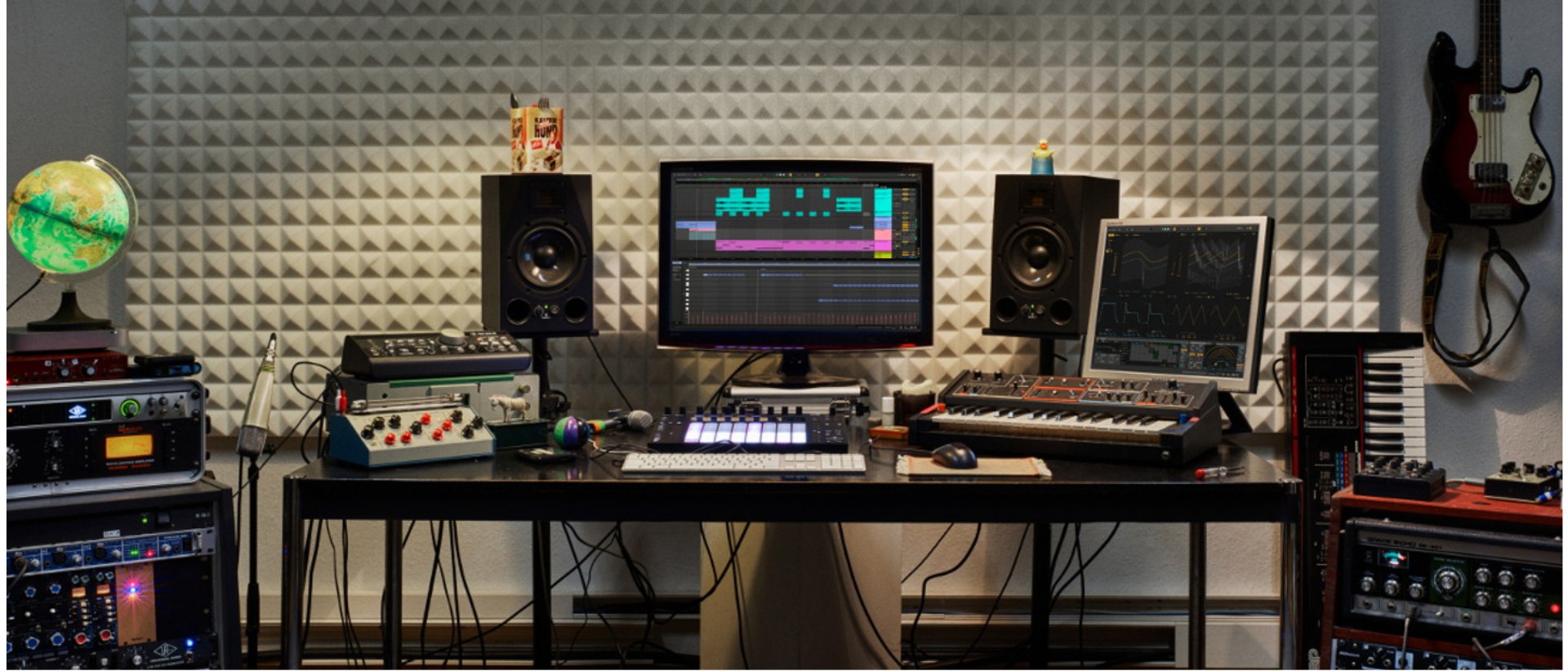
Nobody would debate the way that the Internet has changed the music business definitely over recent decades. Things keep on changing at a quick rate, and the music business is as yet battling to keep up. While the Internet has made music more available to the general population and made it harder for specialists to bring in cash, it likewise happens to be an extraordinary apparatus that empowers free performers to locate a worldwide crowd without the assistance and sponsorship of a significant mark. There was once a time when professional recording studios were at a peak like the Evergreen studios held by DiaDan Holdings Ltd. DiaDan Holdings Nova Scotia-based company had many recording studios under its name that were busy and at demand before the internet.
The Internet has changed the music business in both positive and negative ways. Have a look at how digital recording has changed the music industry.
Cons of Digital Recording:
While enormous fragments of people, in general, are hailing the Internet time for making music simpler and less expensive to acquire or take, the drawback is that the business side of music is attempting to create enough income because of the innovation. A large portion of the individuals who are a piece of making a record is paid in eminences, and whenever music changes hands without cash being included, those sovereignties can’t be paid—which is the reason so much has been done as of late to attempt to diminish music theft. Some advancement has been made to check this pattern by offering simple, modest downloads through outlets like iTunes and Amazon; this has helped because shoppers would now be able to buy and download explicit melodies they like, instead of purchase the entire collection for only one tune. A later advancement has been the development of Internet radio and real-time features like Spotify and Pandora, which offer either promotion based or paid membership spilling of their music libraries. In any case, this new arrangement is as of now despite everything questioned by specialists and names because the current compensation structures are as yet far not exactly if a customer purchases the music out and out. These issues are a long way from being settled. Prince, an American singer-songwriter comments, “Tell me a musician who’s got rich off digital sales. Apple’s doing pretty good though, right?”
Pros of Digital Recording:
Paradoxically, a similar Internet that has caused all the issues referenced above can likewise be a craftsman’s closest companion, especially on account of free specialists who aren’t a piece of the current “industry machine.” How is this conceivable? The Internet permits individuals to interface with others all around the globe. This empowers certain savvy artists who are generally obscure to discover their crowd without the guide or sponsorship of a significant mark, for all intents and purposes taking out the should be “found” by headhunters or A&R reps. Now and again, this can bring about consideration from the marks themselves (numerous current overall chronicle craftsmen today got their beginning putting their stuff up on YouTube). In different cases, it just methods they can market and offer their music to their crowd without the requirement for names or radio advancement. The crowd probably won’t be as extensive as it would be something else—yet neither does the craftsman needs to impart benefits to the names. The outcome is that music fans currently approach a great deal of music they’d never hear something else, and many groundbreaking performers have utilized the Internet to cut out decent wages for themselves while never seeking a record mark.

